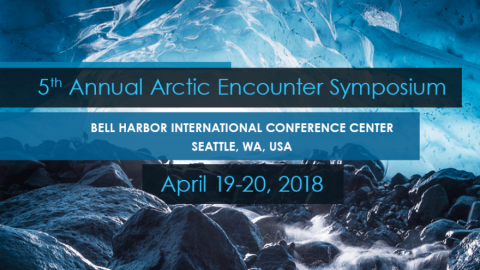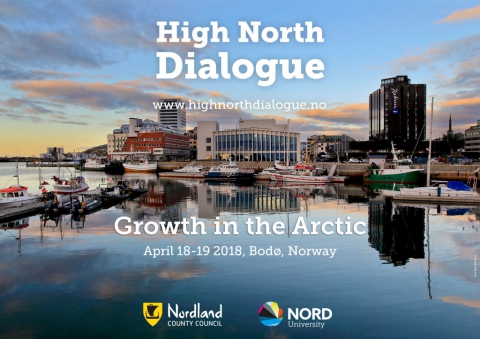The National Science Foundation's (NSF) Engineering Directorate, in collaboration with the Biological Sciences, Computer and Information Science and Engineering, and Geosciences directorates, has issued a "Dear Colleague" Letter (DCL), Signals in the Soil (SitS), to encourage submission of Early-Concept Grants for Exploratory Research (EAGER) proposals for early-stage, high-risk, high-reward research on technologies, models, and methods to better understand dynamic soil processes, including interactions of the macro- and microbiomes with soil nutrients, the rhizosphere, and various abiotic and biotic processes within the soil.
This DCL also encourages proposals that include topics relevant to both the DCL and the NSF "Rules of Life" Big Idea and submissions of Research Advanced by Interdisciplinary Science and Engineering (RAISE).
Researchers interested in submitting a SitS EAGER or RAISE proposal must first submit a SitS Research Concept Outline, as described in the DCL. Selected submitters of these Outlines will be invited to submit full EAGER or RAISE proposals for funding consideration.
Research Concept Outlines are encouraged for research that addresses any of the themes to monitor soil properties over time and space for various managed or unmanaged applications, which may include monitoring soil properties for environmental, agricultural, or construction purposes.
Themes include:
- Sensors: Novel sensors and other materials for sensing soil biological/metagenomics, chemical, or physical characteristics to monitor soil health and changes in properties under different uses, and to address needs for inexpensive sensors buried for long time periods in highly variable soil conditions;
- Wireless Systems: Advances in wireless communications to collect and transmit data from sensors buried in soils over extended periods of time;
- Advanced Cyber Systems and Data Analytics: New methods for data fusion and analytics of sensor measurement outputs (data visualization and reporting tools, etc.); and
- Modeling Soil Ecosystems: Next-generation models of soil biological, chemical, and/or physical components, making use of new sensing and data communications capabilities that can describe interactions among soil biological, chemical, and physical processes at different temporal and spatial scales.
Other topics that meet the goals of this DCL, but are not included in these four themes, are also strongly encouraged.
Research Concept Outlines should be no longer than two pages and contain the following information:
- Title of the SitS research;
- The suggested directorate(s) that may be interested in the topic. For a RAISE topic, more than one program must be listed, and there should be a clear link to each of those programs. Please note that these program listings are just suggestions. Multiple programs will view these Research Concept Outlines to determine programmatic fits;
- Description of and justification for the proposed research;
- Names and affiliations of researchers; and
- Contact information of the researchers (emails and phone numbers).
Research Concept Outlines deadline: 13 April 2018.
For more information, please follow the link above.
For questions, contact:
Email: SitSquestions [at] nsf.gov


